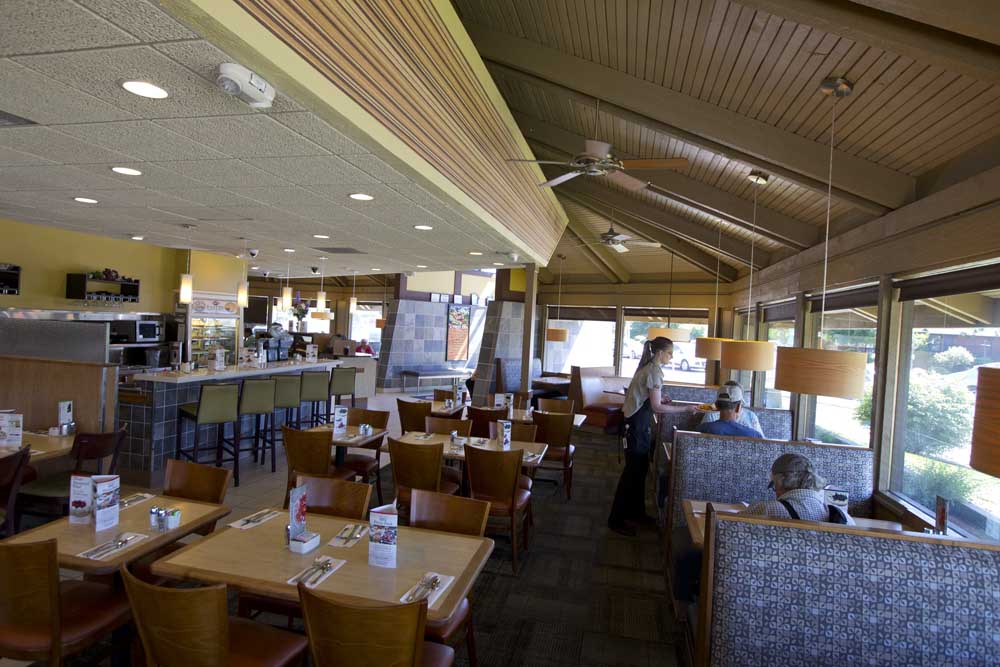Google to offer super-fast Internet service
Published 4:00 am Thursday, February 11, 2010
SAN FRANCISCO — Google said on Wednesday that it would offer ultra-high-speed Internet access in some communities in a test that could showcase the kinds of things that would be possible if the United States had faster broadband networks.
In Google’s vision of the future of the Internet, the live streaming of 3-D medical images from a rural health clinic to a specialized medical center or the downloading of a full-length movie in a matter of minutes would become commonplace.
But Google’s promise to build the demonstration network is also the latest example of the Internet search company using its money and industry clout to help shape the future of the Internet to its liking.
Google has long been unhappy with the state of broadband in America, where speeds lag far behind those of other developed countries. It announced the plan for its high speed network, which would be open to other companies wanting to offer Internet service, just as federal regulators are debating new rules for the Internet and preparing a national broadband plan commissioned by Congress that could call for higher speed networks to be available nationwide.
Google is showing the government “that we can have super-fast open broadband networks that break the duopoly of cable and telephone companies that we have today,” said Ben Scott, policy director for Free Press, a public interest group that advocates for open Internet rules.
Critics say that Google’s move is little more than a public relations effort aimed at promoting its policy goals. They say that by spending relatively small sums, Google would be, in essence, pressuring the telecommunications companies that provide broadband access to millions of American homes to abide by Google’s rules.
“This is mainly a PR stunt,” said Scott Cleland, chairman of Netcompetition.org, an organization that represents many telecommunications companies and their industry associations and opposes new regulations on the Internet. “With one hand, Google is urging regulations that stifle broadband deployment, and with the other hand, they are saying that telecom companies should spend hundreds of billions” to give ultra-fast service to all Americans, Cleland said.
Google has challenged the business models of established telecommunications companies before. In 2008, it bid more than $4 billion in a government auction of wireless spectrum merely to loosen the control that carriers would have over the use of the airwaves.
“Google, indeed, appears to be playing a chess game,” said David Yoffie, a professor at the Harvard Business School. “If they can create an even mildly credible commitment to offer super-fast broadband to the home, it could strike fear in the hearts of cable and telcos, stimulating an arms race of investment — just as they did in the auction for spectrum a few years ago.”
In a post on its corporate blog, Google said it planned to build and test a high-speed fiber optic broadband network capable of allowing people to surf the Web at a gigabit a second, or about 100 times the speed of many broadband connections. The trial could be offered in several communities and extend to as many as 500,000 people.






